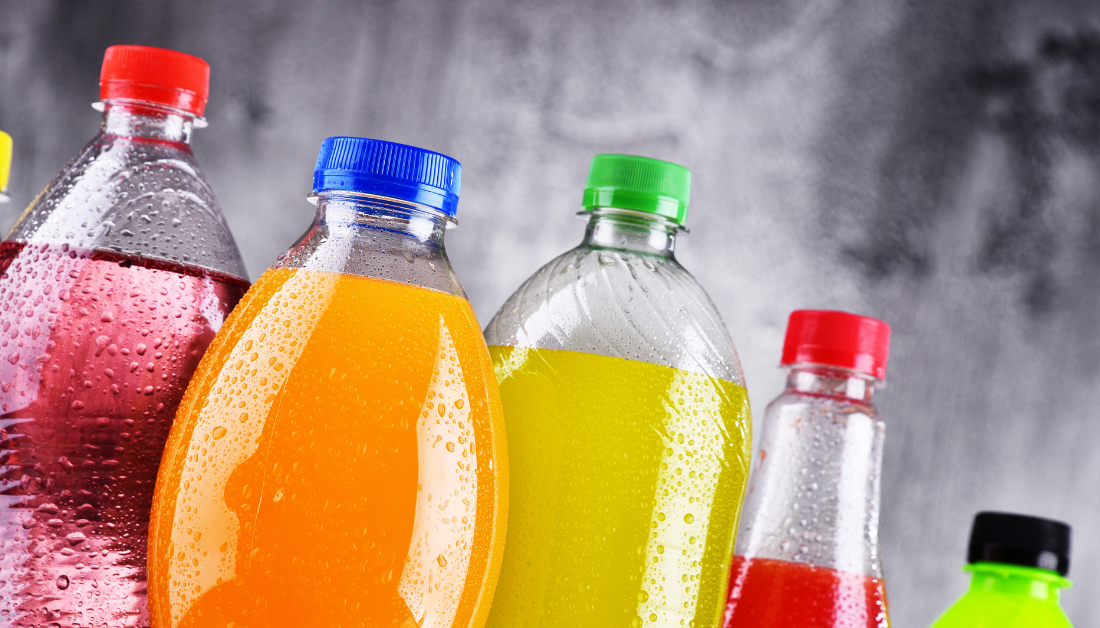

Researchers studied whether the use of sugar-sweetened drinks (SSBs) was connected with Attention Deficit Hyperactivity Disorder (ADHD) symptoms among Thai medical students in a new study published in Nutrients.
Background
ADHD, a common psychiatric disease, can have a substantial impact on their academic performance, work performance, and daily life. Despite not matching ADHD diagnostic criteria in childhood, the illness may persist in maturity or manifest as a late-onset form among young people.
According to studies, medical students, particularly those who consume a high number of SSBs, are more prone to Attention Deficit Hyperactivity Disorder than those who consume a low amount of SSBs.
However, research on ADHD in adult populations, including medical students, the dose-response relationship between SSBs and ADHD symptoms, and practical restrictions to ensure healthy consumption is lacking.
About the study
The current cross-sectional study looked at the relationship between added sugar intake from regularly consumed beverages and ADHD symptoms in medical students.
A web-based survey was administered to Chiang Mai University medical students recruited by snowball and convenience sampling between May 2022 and April 2023. Undergraduate students in their first to sixth academic year in 2022 were the survey’s target group. Adult ADHD Self-Report Scale (ASRS) scores of 3.0 were used to assess the existence of ADHD symptoms.
Individuals with ongoing medical disorders, those with a history of mood disorders such as major depressive disorder (MDD), bipolar disorder, ADHD, and anxiety, and those who failed to complete the ASRS questionnaire were also eliminated.
The Thai Adolescence SSB Intake (THASSI) questionnaire was used to assess added sugar intake from commonly consumed beverages in Thailand, with a focus on sweetened water/drinks, carbonated beverages, coffee, energy drinks, green tea, yogurt drinks, fruit and vegetable juice, milk, soy milk, and herbal fluids.
Individuals recorded the kind of container (can or bottle), beverage size, amount drunk on several occasions, and weekly consumption for each item. The total daily intake was classified based on the American Heart Association’s recommended added sugar intake limit.
The adjusted odds ratios (aORs) were calculated after correcting for age, gender, body mass index (BMI), family history of ADHD, monthly payment, household income, paternal educational attainment, screen time, and sleeping duration.
Conclusions
Overall, the study found that SSB intake of more than 25 grams per day may increase the likelihood of ADHD symptoms among Thai medical students. Sweetened water/drinks, soy milk, and green tea, in particular, may raise the incidence of ADHD symptoms.
The study findings encourage the establishment of health policies that promote healthy consumption behaviors among medical students in order to lessen ADHD symptoms and increase medical students’ learning and well-being.
Further research, particularly prospective studies with bigger sample sizes and different demographics, is needed to validate the findings.
For more information: Consumption of Added Sugar from Common Beverages Associated with the Presence of Attention Deficit Hyperactivity Disorder Symptoms in Thai Medical Students? Nutrients.
more recommended stories
 Nanoplastics in Brain Tissue and Neurological Risk
Nanoplastics in Brain Tissue and Neurological RiskKey Takeaways for HCPs Nanoplastics are.
 AI Predicts Chronic GVHD Risk After Stem Cell Transplant
AI Predicts Chronic GVHD Risk After Stem Cell TransplantKey Takeaways A new AI-driven tool,.
 Red Meat Consumption Linked to Higher Diabetes Odds
Red Meat Consumption Linked to Higher Diabetes OddsKey Takeaways Higher intake of total,.
 Pediatric Crohn’s Disease Microbial Signature Identified
Pediatric Crohn’s Disease Microbial Signature IdentifiedKey Points at a Glance NYU.
 Nanovaccine Design Boosts Immune Attack on HPV Tumors
Nanovaccine Design Boosts Immune Attack on HPV TumorsKey Highlights Reconfiguring peptide orientation significantly.
 High-Fat Diets Cause Damage to Metabolic Health
High-Fat Diets Cause Damage to Metabolic HealthKey Points Takeaways High-fat and ketogenic.
 Acute Ischemic Stroke: New Evidence for Neuroprotection
Acute Ischemic Stroke: New Evidence for NeuroprotectionKey Highlights A Phase III clinical.
 Statins Rarely Cause Side Effects, Large Trials Show
Statins Rarely Cause Side Effects, Large Trials ShowKey Points at a Glance Large.
 Anxiety Reduction and Emotional Support on Social Media
Anxiety Reduction and Emotional Support on Social MediaKey Summary Anxiety commonly begins in.
 Liquid Biopsy Measures Epigenetic Instability in Cancer
Liquid Biopsy Measures Epigenetic Instability in CancerKey Takeaways Johns Hopkins researchers developed.

Leave a Comment